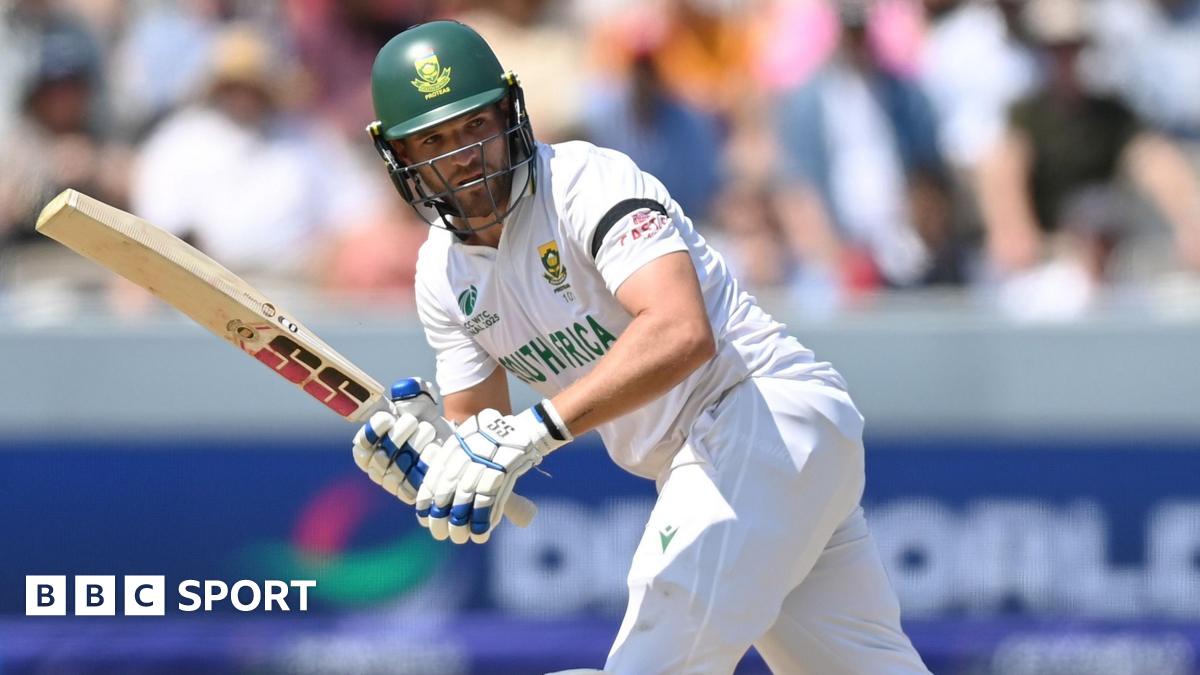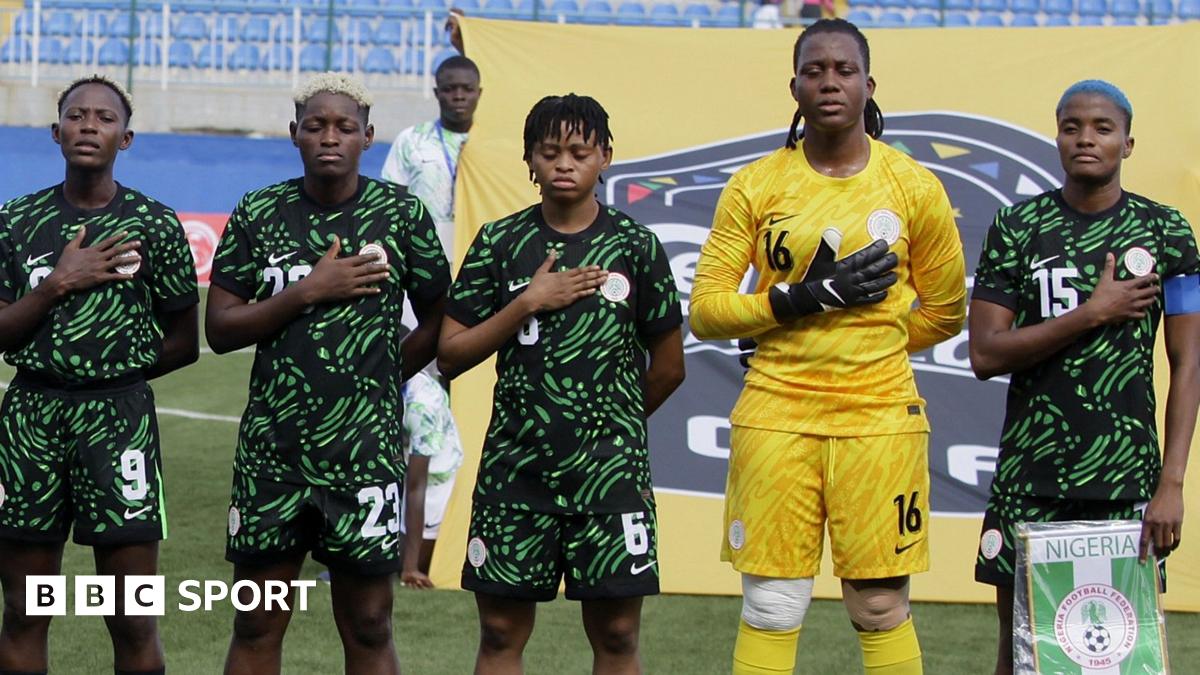DALLAS — There is mounting a comeback and then there’s what the Dallas Stars did by rallying against what might be the greatest comeback team in NHL postseason history.
The Stars, down 3-1 to start the third period Wednesday night, looked to be on their way to losing their ninth Game 1 in their past 10 playoff series, only to score five unanswered goals to beat the Edmonton Oilers 6-3 to open the Western Conference finals.
It gave the Stars their sixth comeback this postseason — compared to the Oilers, who set an NHL record earlier in these playoffs with five consecutive comeback wins.
“You score a goal and help your team win, it feels great, but the wins are the best feeling this time of year,” said Stars forward Matt Duchene, who scored his first goal of the postseason. “They’re short-lived. The losses are short-lived. That’s a great comeback win for us. Every team we’ve played so far has a very different makeup to them and a different feel. There’s things we can do better. The nice thing is when you win a game in the playoffs without your A-game, it feels like you want to take it and run with it.”
Edmonton opened with a goal midway through the first period from star center Leon Draisaitl before a turnover saw Tyler Seguin score his first of two goals on a breakaway to tie it with 4:38 remaining.
Stars forward Mason Marchment received a tripping penalty, which opened the door for the Oilers to take a 2-1 lead just 25 seconds into a power play through Ryan Nugent-Hopkins. Evan Bouchard then scored 100 seconds later for a 3-1 lead.
It appeared Bouchard’s goal had the Oilers in position to win their fourth consecutive playoff game against the Stars, whom they also faced in last year’s Western Conference finals. It also would have been the Oilers’ third straight victory this postseason, part of a string of contests that had seen them lose only once since their Game 2 defeat to the Los Angeles Kings in the quarterfinals.
Instead? The third period proved to be something of a convergence point that saw the Stars answer questions while posing a few more for the Oilers.
Dallas entered the conference finals facing concerns about whether it had enough scoring depth to match Edmonton. Prior to Game 1, there were five players who accounted for 81% of the Stars’ goals, compared to the Oilers, who had 14 different forwards score at least one goal.
Edmonton, on the other hand, watched its penalty kill struggle in the second round with a 9.1% success rate. That was the worst of any team in the semifinal round, and it was a jarring juxtaposition from 2024, when the Oilers killed 94% of their penalties.
And Wednesday, Miro Heiskanen, Mikael Granlund and Duchene combined to score three straight power-play goals. Those were the first goals this postseason for Heiskanen and Duchene. Seguin, who hadn’t scored in 10 straight games, scored his second goal to push the advantage to 5-3, while Esa Lindell’s empty-netter was his first of the postseason and increased the Stars’ edge to 6-3.
“Everyone was talking about our lack of secondary scoring and in the last round … you have to give Winnipeg some credit,” Stars coach Peter DeBoer said. “They defended their ass off in that series against us. They’re the best defensive team in the league. None of our guys were going to have big numbers in the Winnipeg series but I felt confident that they were going to get going.
“Even in that Winnipeg series, particularly late in that series, we started to see some real signs of creating real chances.”
Three of the Stars’ four wins against the Colorado Avalanche in the quarterfinal round were comebacks, including their dramatic Game 7 that saw star winger Mikko Rantanen score against his former team. So were two of their four wins against the Jets. It established a precedent that the Stars could do it again this postseason.
But to do it against an Oilers team that had shut out the Vegas Golden Knights over the final two contests of their five-game series?
“We played with some more energy,” Granlund said. “I think no one was happy with the first two periods of how we played. We know we’re going to raise our level for the first game. The third period was good. The power play was good, but we’ve got some better games ahead of us.”
The Oilers losing a two-goal lead in Game 1 led to another question: What made it difficult for them to find the type of openings that have allowed them to be such a persistent threat this postseason even while trailing?
“We were short-handed for about six minutes in the third period, and that makes it a little more difficult to come back,” Oilers coach Kris Knoblauch said. “I just think we took a step back. They had the momentum and the energy from the crowd. Obviously, we’re very disappointed. After the first two periods, we felt it was a good start and then it just turned in the third period.
“We’ve had some heartbreaking losses in the playoffs, and we’ve been able to rebound nicely.”
Source link


















